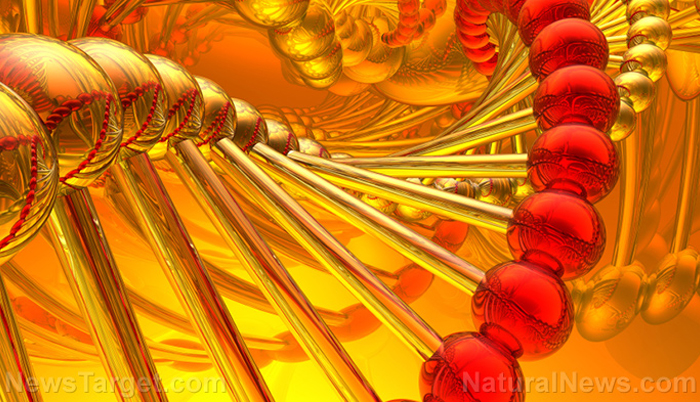![]() Home > Health
Home > Health
Scientists Seek To Use Gene From Deadly Disease As New Cancer Treatment… Could It Actually Work?

![]() March 9th, 2018 | 10:22 AM |
March 9th, 2018 | 10:22 AM | ![]() 584 views
584 views
NATURALNEWS.COM
To this day, the most effective forms of cancer treatment are those that involve killing cancer cells, thereby preventing them from causing any further damage to the bodies of patients. But what if there was a naturally-occurring process that does pretty much the same? A new study now focuses on that question and explores its possible implications.
A team of scientists from Northwestern University have reportedly figured out something about Huntington’s disease and how it could be used to fight various types of cancer in patients. To be more specific, they started wondering why exactly people with Huntington’s have an 80 percent less cancer risk than the general population. From this starting point, they went on to discover that the disease is simply toxic to cancer cells, basically targeting and destroying them as a sort of standard feature.
The researchers identified the main cause for the apparent deadliness of Huntington’s in cancer: the same thing that causes the disease to occur in the first place, a certain type of repeating RNA sequences in a single gene called huntingtin. In patients with Huntington’s, this was found to be present in every cell. So-called small interfering RNAs are said to attack genes in cells that are necessary for survival, thereby causing the death of the cells.
According to Marcus Peter, a professor of Cancer Metabolism at the Northwestern University Feinberg School of Medicine, huntingtin was simply deadly to cancer in general. “This molecule is a super assassin against all tumor cells,” he said. “We’ve never seen anything this powerful.” Because of its apparent effectiveness, he and his colleagues are hoping it could lead to a new form of cancer therapy that works to destroy active cancer cells without somehow harming the patients in the process.
So far, the researchers have been able to conduct tests on mouse cancer cells as well as human cancer cells by delivering the molecule as nanoparticles to known cancer cells. They also tried testing their methods in mice with ovarian cancer. They found that it was able to kill all cancer cells in all species. In the future, they will be looking to conduct further testing in humans. The details of their study can be found in a recent issue of the journal EMBO Reports.
According to Andrea Murmann, a research assistant professor in medicine at Feinberg and a lead author of the study, she discovered the potential of Huntington’s disease as a useful tool for cancer treatment while conducting an earlier study with Peter, wherein they identified an ancient kill-switch that worked to destroy cancer cells. “I thought maybe there is a situation where this kill switch is overactive in certain people, and where it could cause loss of tissues,” she said. “These patients would not only have a disease with an RNA component, but they also had to have less cancer.”
For now, the researchers are looking to devise a form of cancer therapy that would somehow be able to destroy a significant number of cancer cells in patients without causing the many known issues that people with Huntington’s disease suffer from. “We believe a short-term treatment cancer therapy for a few weeks might be possible,” said Peter, hoping that the fact that Huntington’s patients don’t develop symptoms of the disease until their later years could work in their favor.
There are said to be an approximately 30,000 Americans with Huntington’s disease, while more than 200,000 are considered to be at-risk of inheriting it. The potential treatment discovered by the researchers could mean that all of these people can be helped in case they ever develop some form of cancer.
Source:
courtesy of NATURALNEWS
by David Williams
If you have any stories or news that you would like to share with the global online community, please feel free to share it with us by contacting us directly at [email protected]